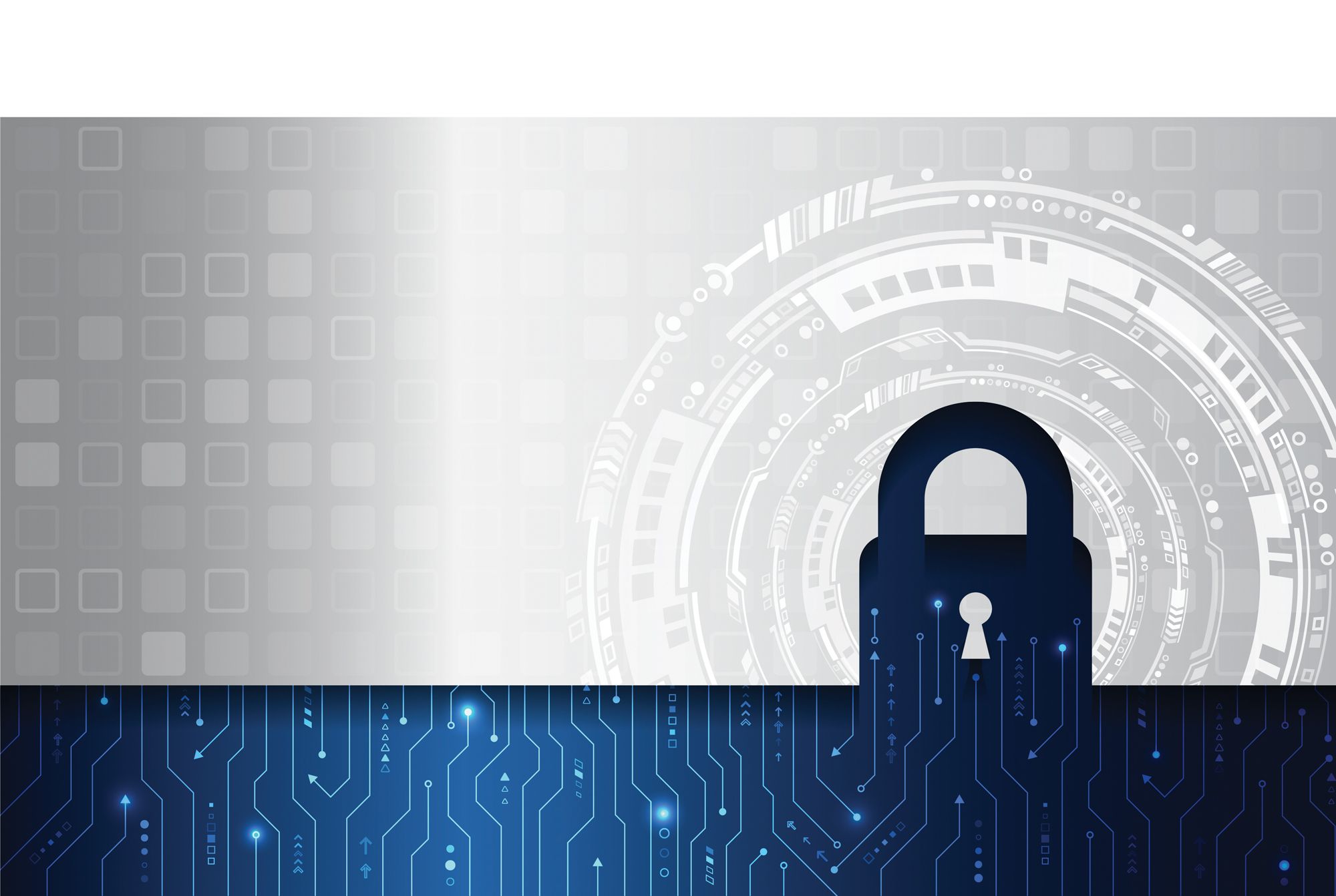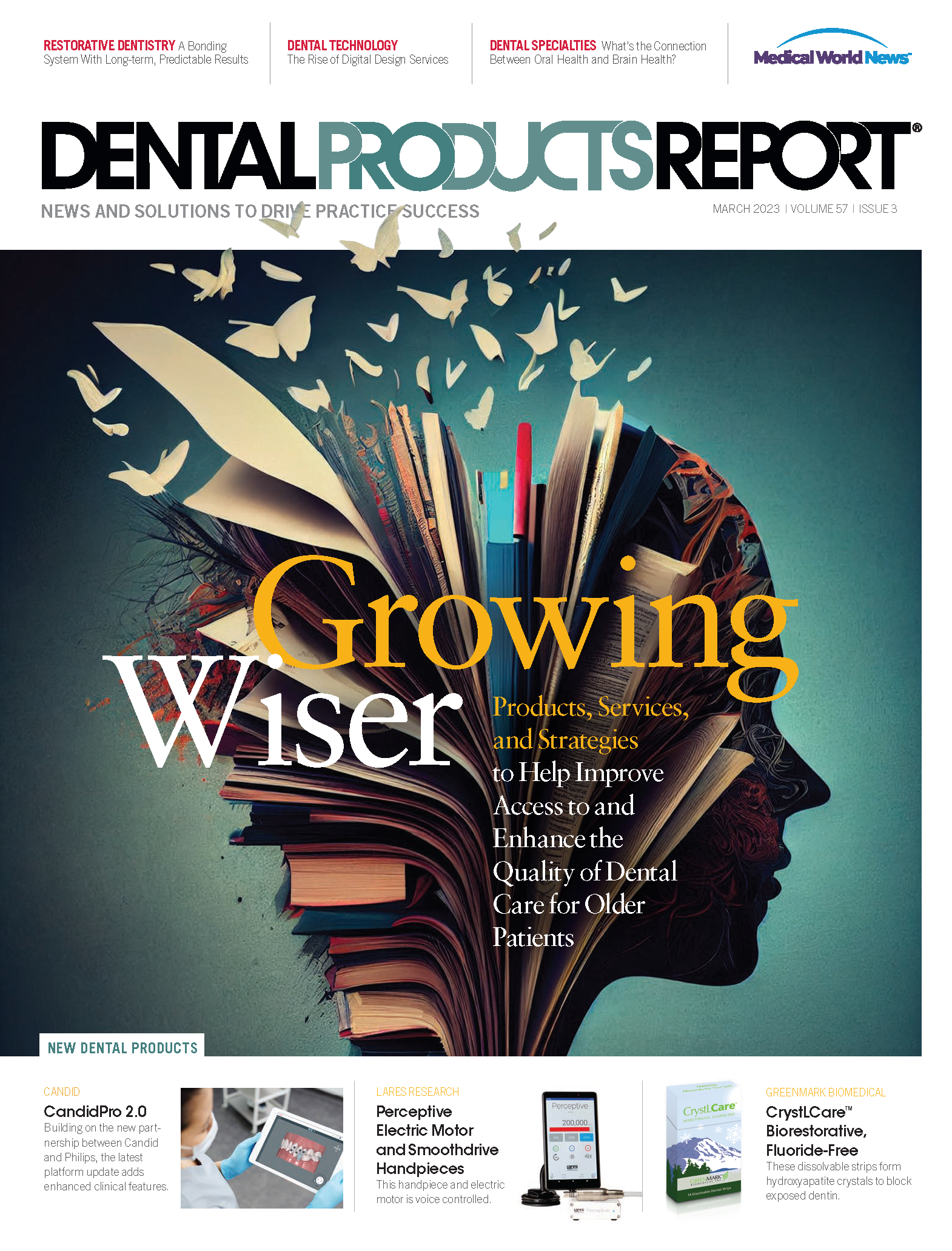Why Cybersecurity Matters
Dental practices must stay on top of the best cybersecurity practices to keep private, important patient information safe and secure.
Why Cybersecurity Matters. Image courtesy of arthead/stock.adobe.com.

In the digital age, it’s no longer a question of if your dental office will be targeted by cyberattacks, but when. Hackers are constantly on the lookout for vulnerabilities in computer systems, and dental offices are not immune to these threats. With sensitive patient information such as personal and financial data at stake, it’s essential that dental offices prioritize cybersecurity to protect both their patients and their practice.
One of the primary reasons why dental offices are vulnerable to cyberattacks is that they often have outdated technology and software. With the rapid pace of technological advancements, many dental offices may struggle to keep up and may not have the latest security measures in place. Additionally, dental offices may lack the in-house expertise needed to identify and address potential security risks, leaving them vulnerable to attacks.
One of the most common types of cyberattacks faced by dental offices is ransomware. This type of attack involves hackers encrypting the dental office’s data and demanding a ransom in exchange for the decryption key. In many cases, the hackers will threaten to publicly release sensitive patient information if the ransom is not paid, causing significant harm to the dental office and its patients.
To protect against ransomware and other cyberattacks, it’s essential that dental offices take the following steps:
- Regularly update software and technology. This helps to ensure that the latest security patches and updates are installed, reducing the risk of successful attacks.
- Train staff. All staff should be trained on the importance of cybersecurity and how to identify potential threats, such as phishing scams or suspicious email attachments.
- Use strong passwords. Encourage staff to use strong, unique passwords and to regularly change them. Consider using a password manager to store passwords securely.
- Regularly back up data. In the event of a successful attack, having regular backups of important data can help minimize the damage and speed up recovery.
- Use anti-virus software. Antivirus software can help prevent malware from infecting your systems and should be regularly updated.
- Use application whitelisting software. This prevents any unauthorized programs from running, like viruses, and tends to work better than antivirus software.
- Be vigilant. Stay alert to any unusual activity or changes on your network, such as slow performance or new programs appearing on your computer. Report any suspicious activity to your information technology support immediately.
In addition to these steps, it’s also important that dental offices implement robust security measures such as firewalls, encryption, and access controls. This helps ensure that sensitive patient information is protected, and unauthorized individuals are unable to access the data.
It’s also important that dental offices comply with data privacy regulations, such as the Health Insurance Portability and Accountability Act (HIPAA) in the United States. HIPAA requires that dental offices implement certain security measures to protect patient data and report any data breaches to the authorities.
In conclusion, cybersecurity is an essential consideration for dental offices. With sensitive patient information at stake, it’s essential that dental offices prioritize cybersecurity to protect both their patients and their practice. By regularly updating software and technology, training staff, using strong passwords, regularly backing up data, using antivirus software, and being vigilant, dental offices can help reduce the risk of successful cyberattacks.

Product Bites – January 19, 2024
January 19th 2024Product Bites makes sure you don't miss the next innovation for your practice. This week's Product Bites podcast features new launches from Adravision, Formlabs, Owandy Radiology, Henry Schein Orthodontics, Dental Creations, and Dental Blue Box. [5 Minutes]